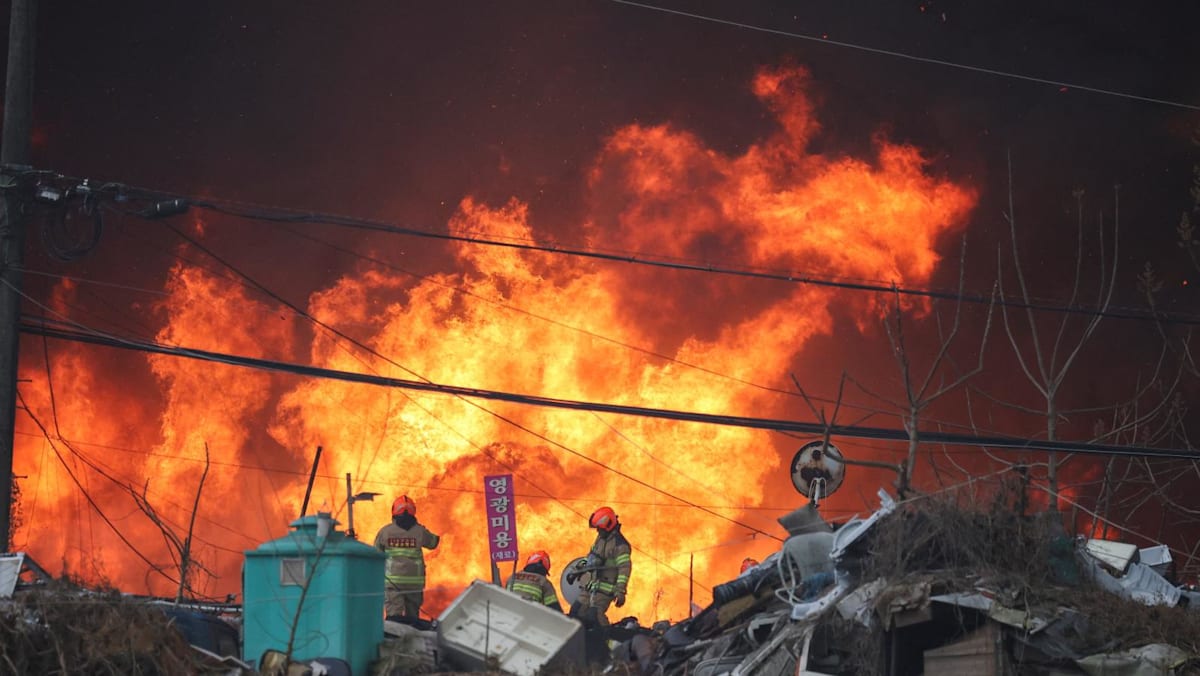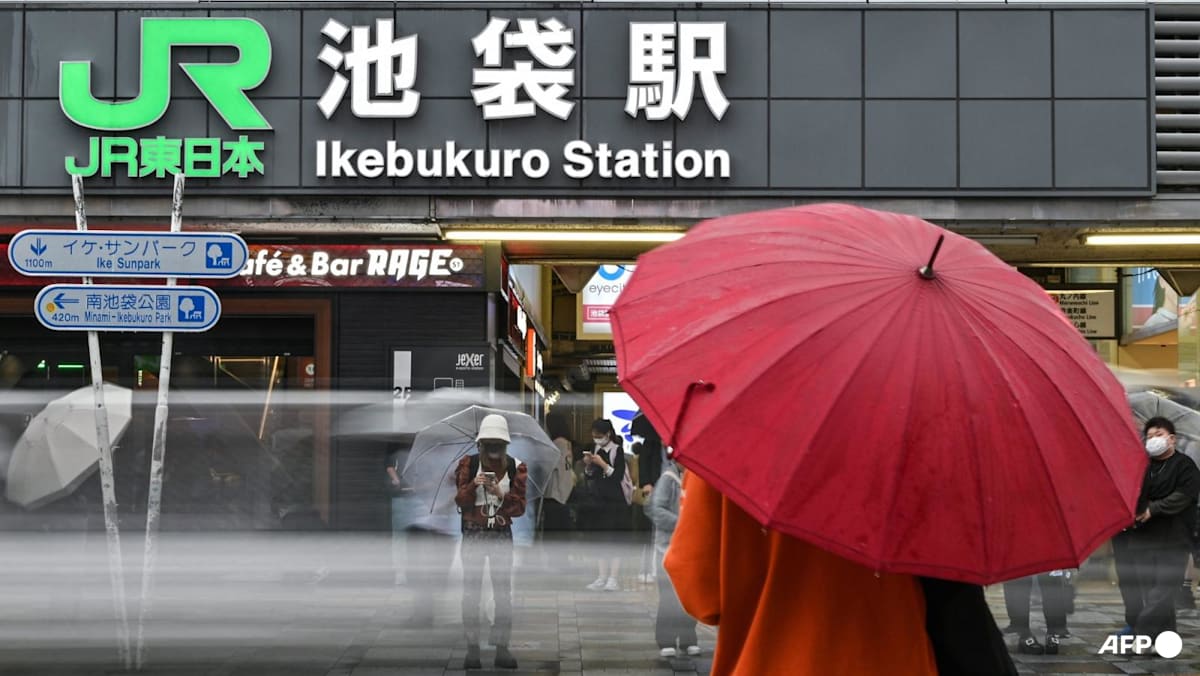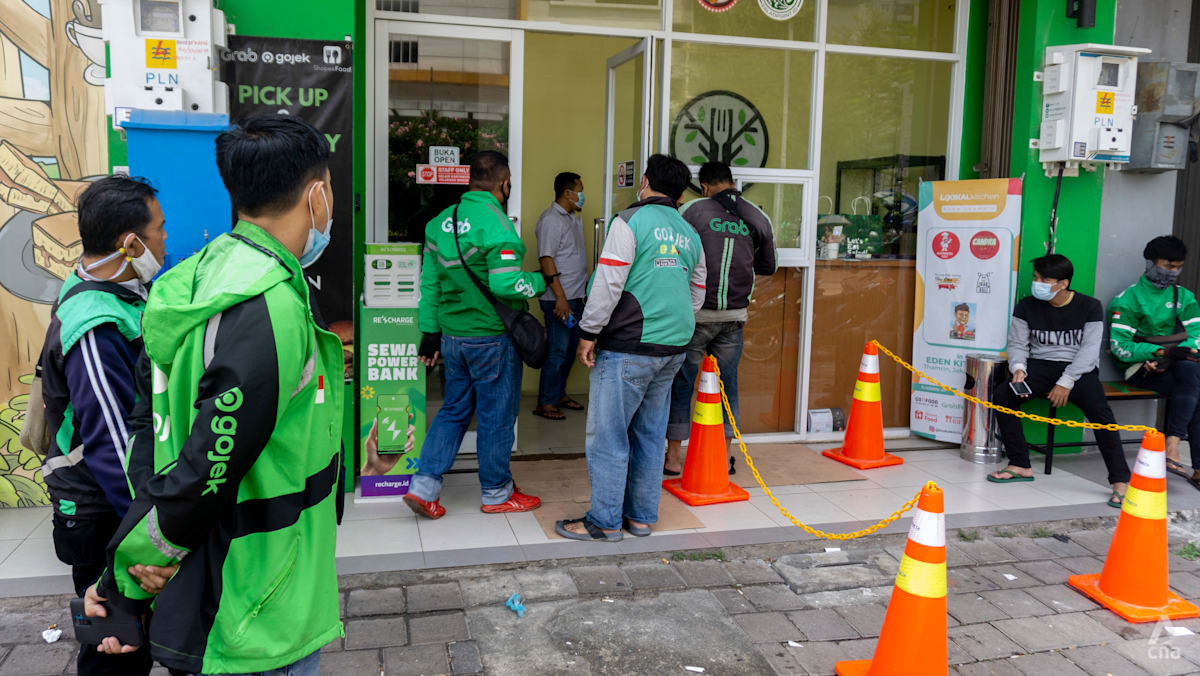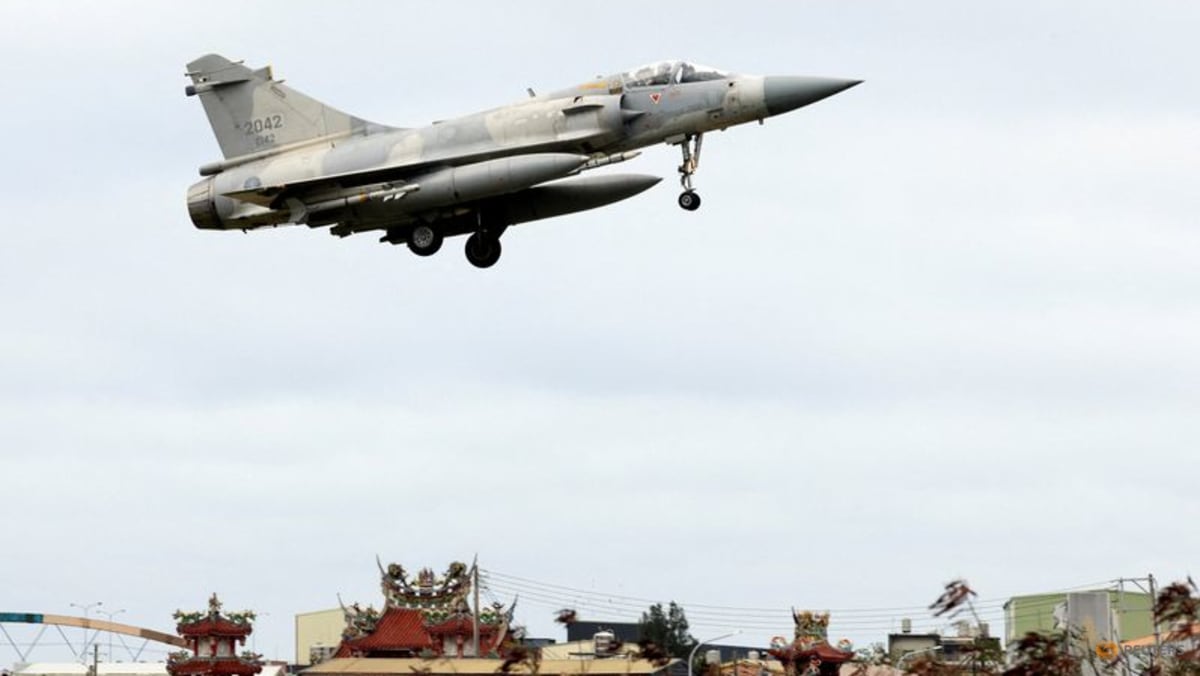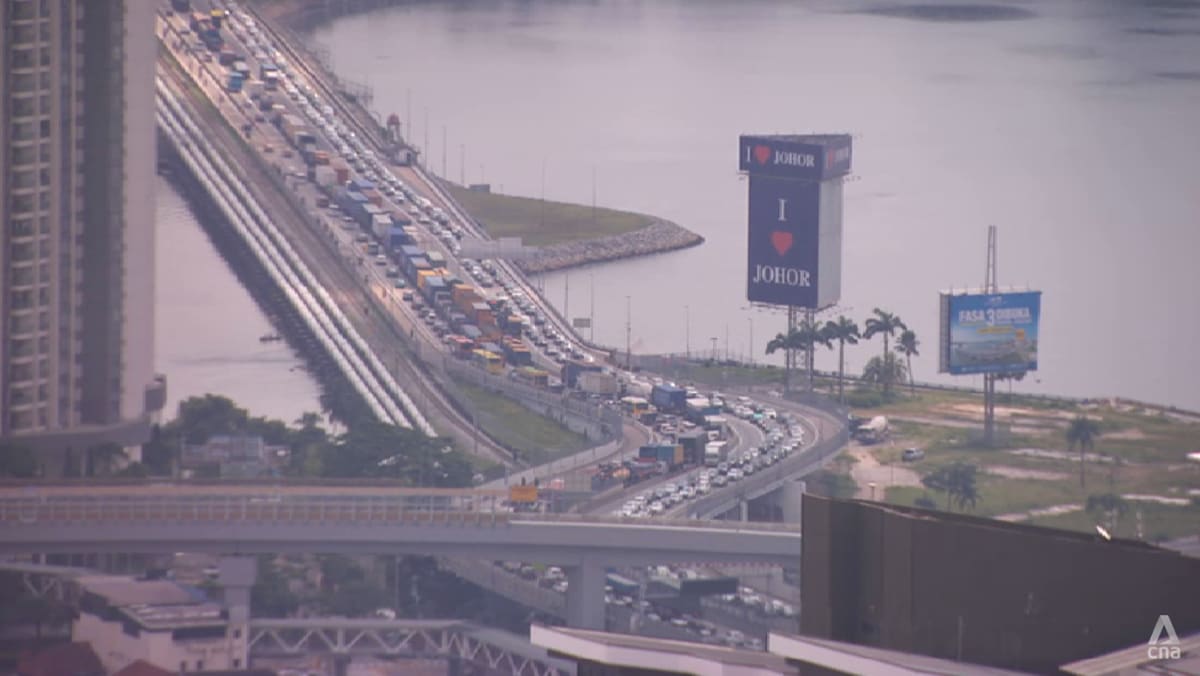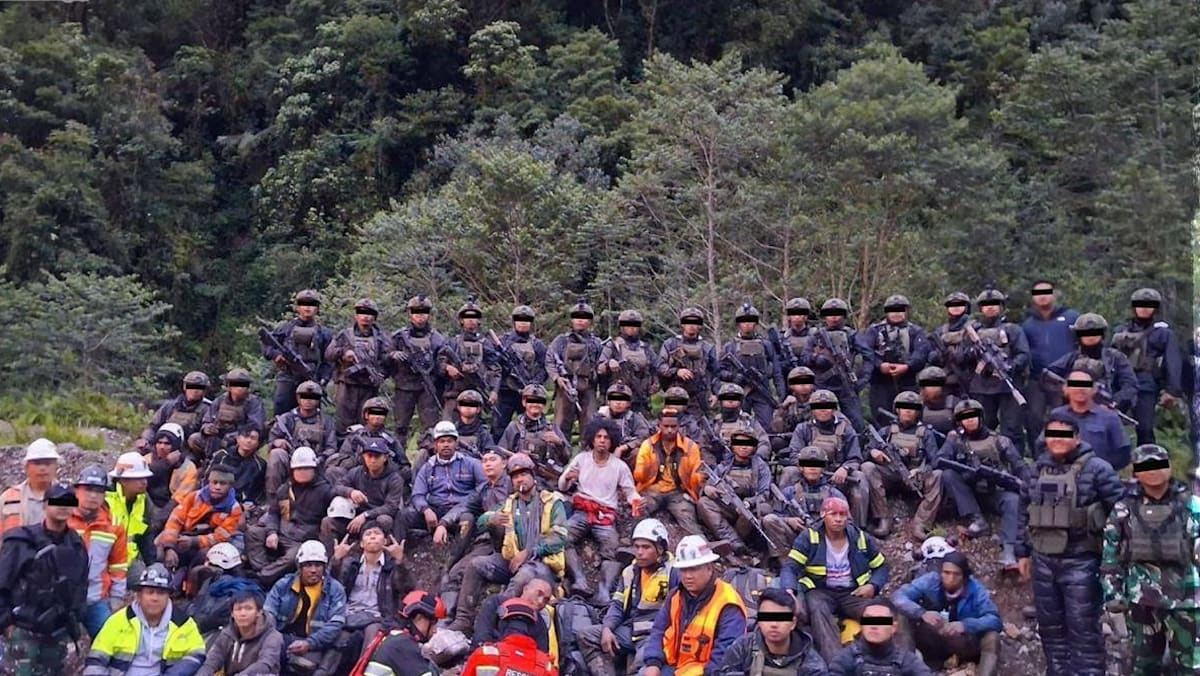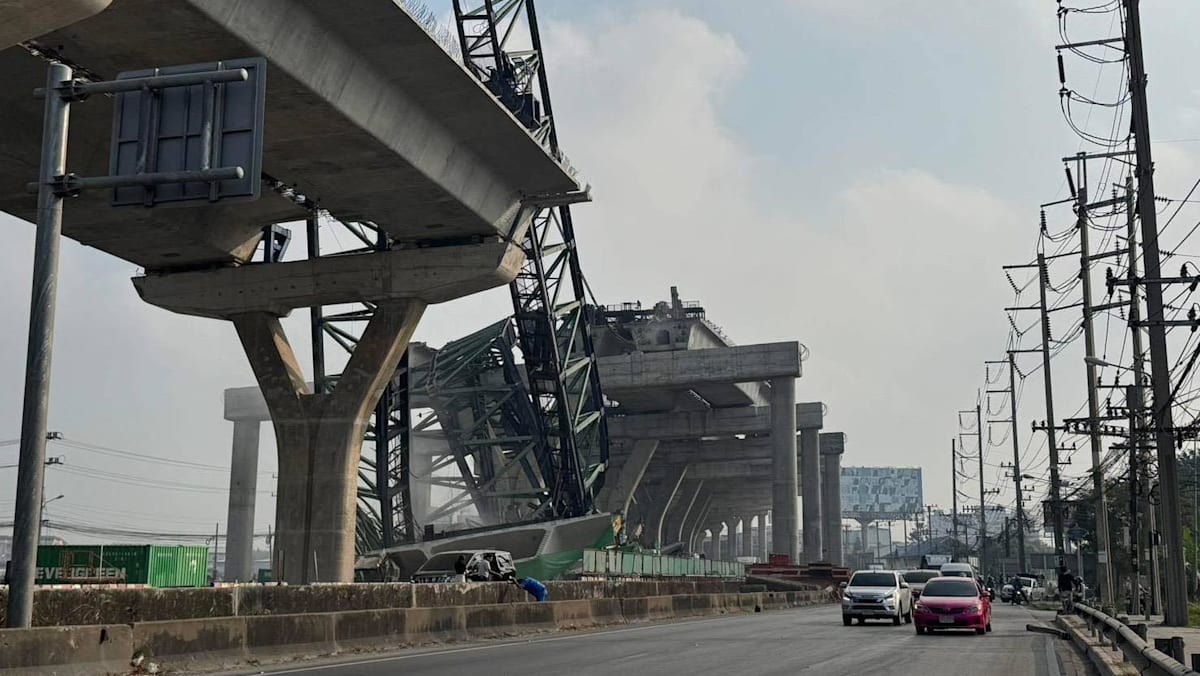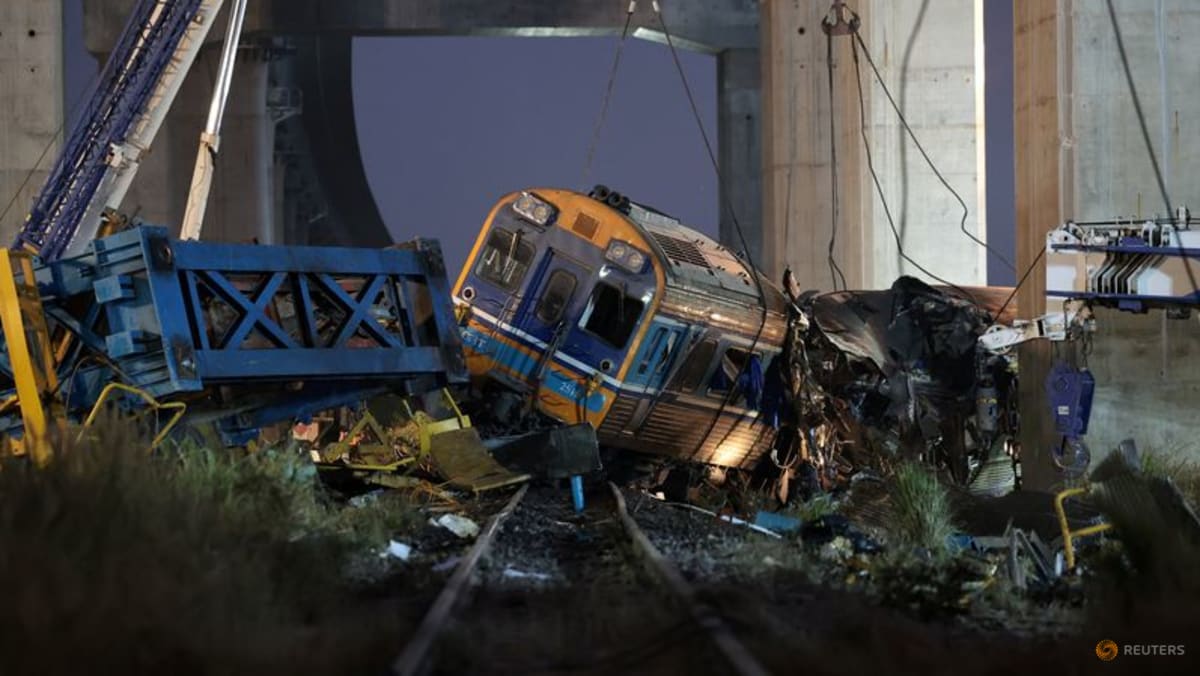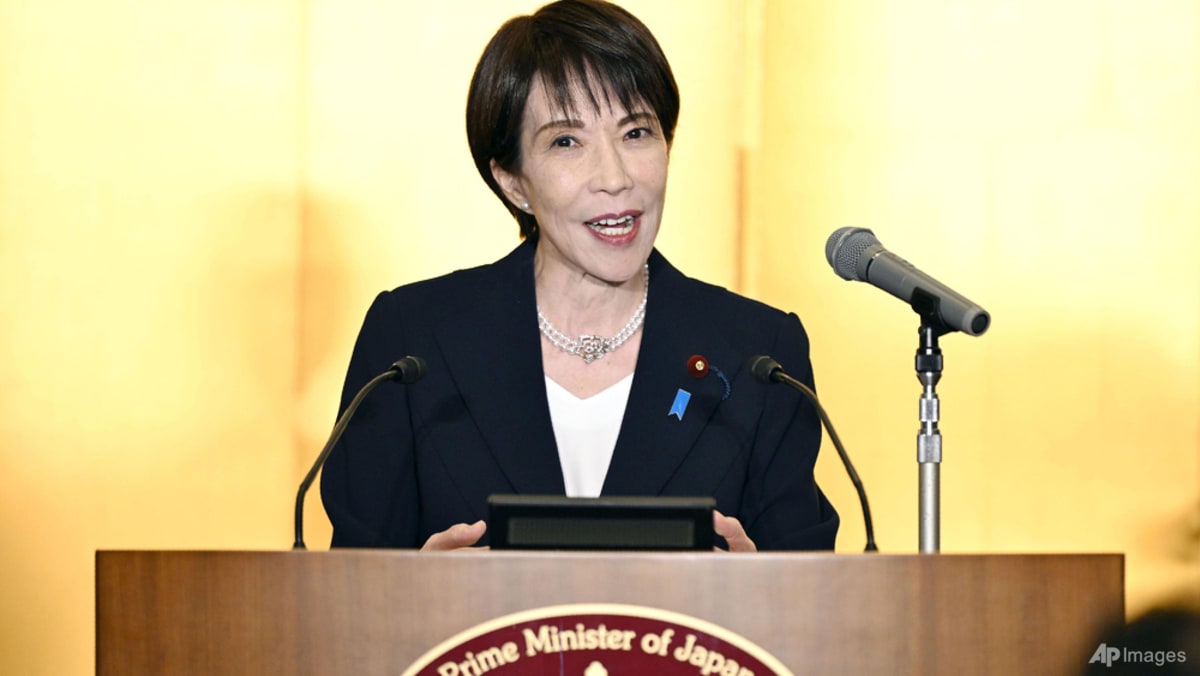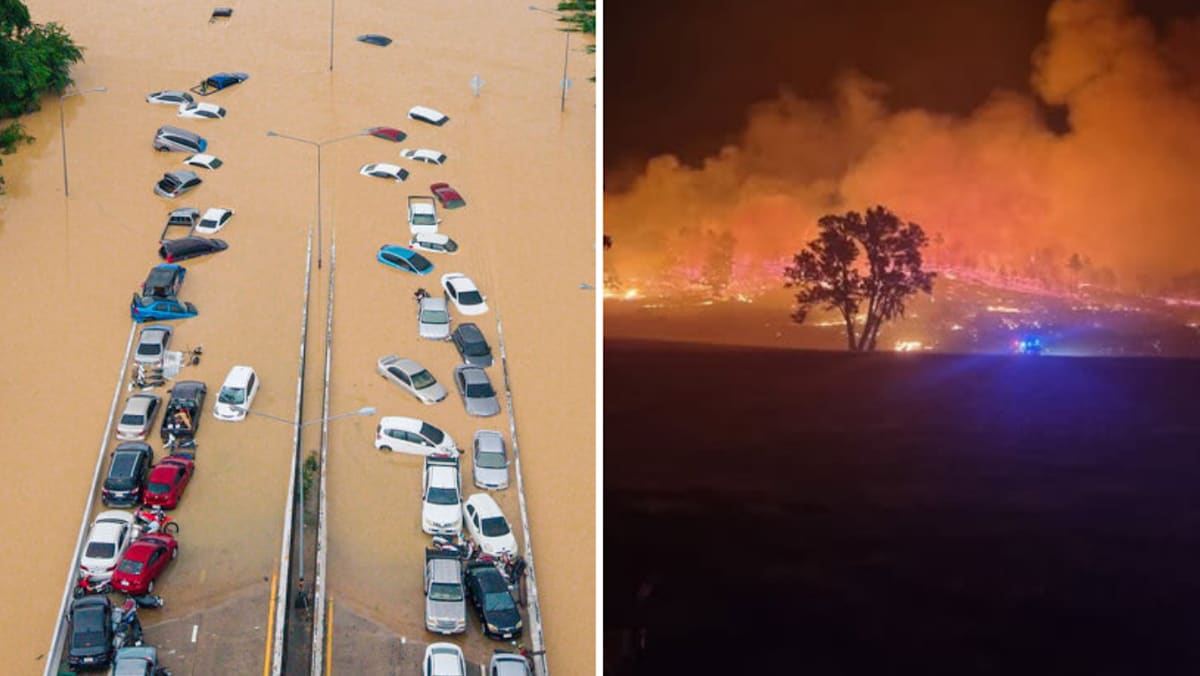IN FOCUS: How a devastating oil spill has sparked new fears about Southeast Asia’s gas ‘feeding frenzy’
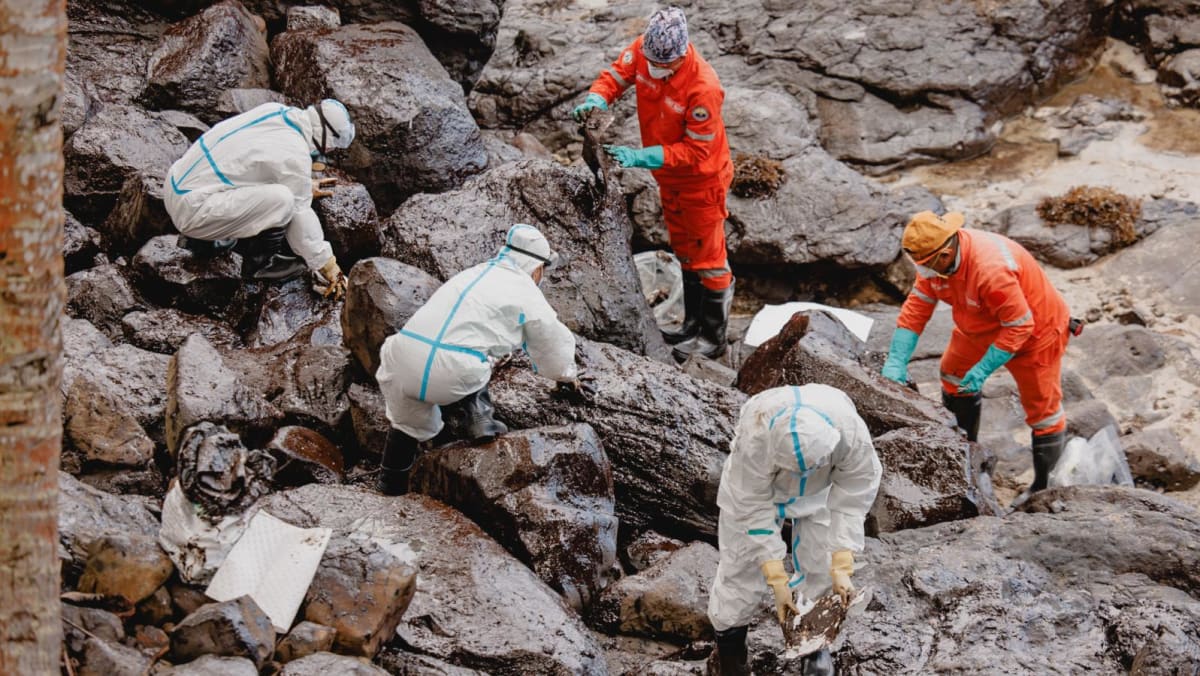
The disaster that would unfold – and that started a crisis that continues to this day – was emblematic of a greater fear that had increasingly grown among the scientific community, environmental groups and energy analysts.
Namely, that the environment, climate and local people’s livelihoods are being imperilled by a regional rush to further develop the fossil-fuel industry, especially in the form of liquefied natural gas (LNG) hubs and potentially, many more activated oil and gas fields.
“More and more tankers – LNG tankers – will be able to pass through the area,” said Mr Ivan Andres, the deputy head of research and policy from the Center for Energy, Ecology, and Development (CEED), a Philippine non-governmental organisation focused on sustainable energy, industry and governance.
“And of course, with the elevated number of these tankers in the area, there’s more chances of capsizing and catastrophic events such as the one we saw in Oriental Mindoro.”
Heavy shipping – and potentially dangerous cargoes – is one of the symptoms of the growth of that industry. So too is the leakage of heavy metals into waterways and heightened interest in the expansion of offshore oil and gas drilling.
In the Philippines, industrial activity centres on Batangas in southern Luzon, south of Manila, where infrastructure – in the form of new or renovated power stations and LNG terminals – is rapidly being brought online.
The MT Princess Empress had been traversing waters heavily used by tankers and cargo ships in and around Batangas. LNG tankers are increasingly part of that picture.
They are the same waters used for generations by small-scale fisherfolk from places like Pola, the community worst hit by the oil spill, to Naujan, the epicentre of the disaster response activities for the weeks and months that followed after the incident.
“These developments, starting from the oil spill, the fossil gas and LNG development in the area, as well as the plethora of issues being faced by the fisherfolk and coastal communities, are definitely a wake up call for greater protection and safeguarding of the Verde Island Passage,” Mr Andres said.
“The empirical data suggests that quality and the health of the Verde Island Passage is declining. It’s proof that the current policies and laws governing it are insufficient.”
Source: CNA


